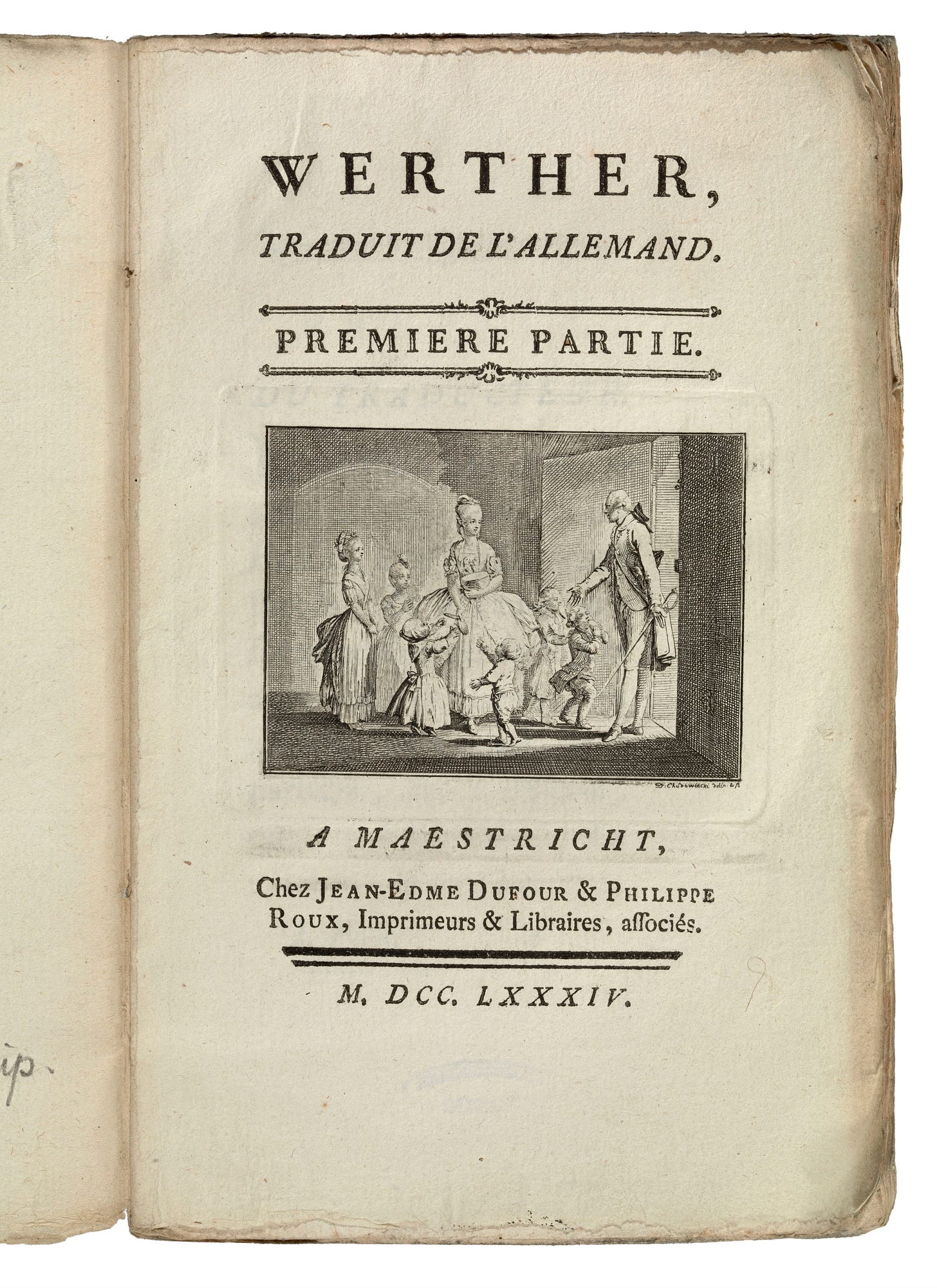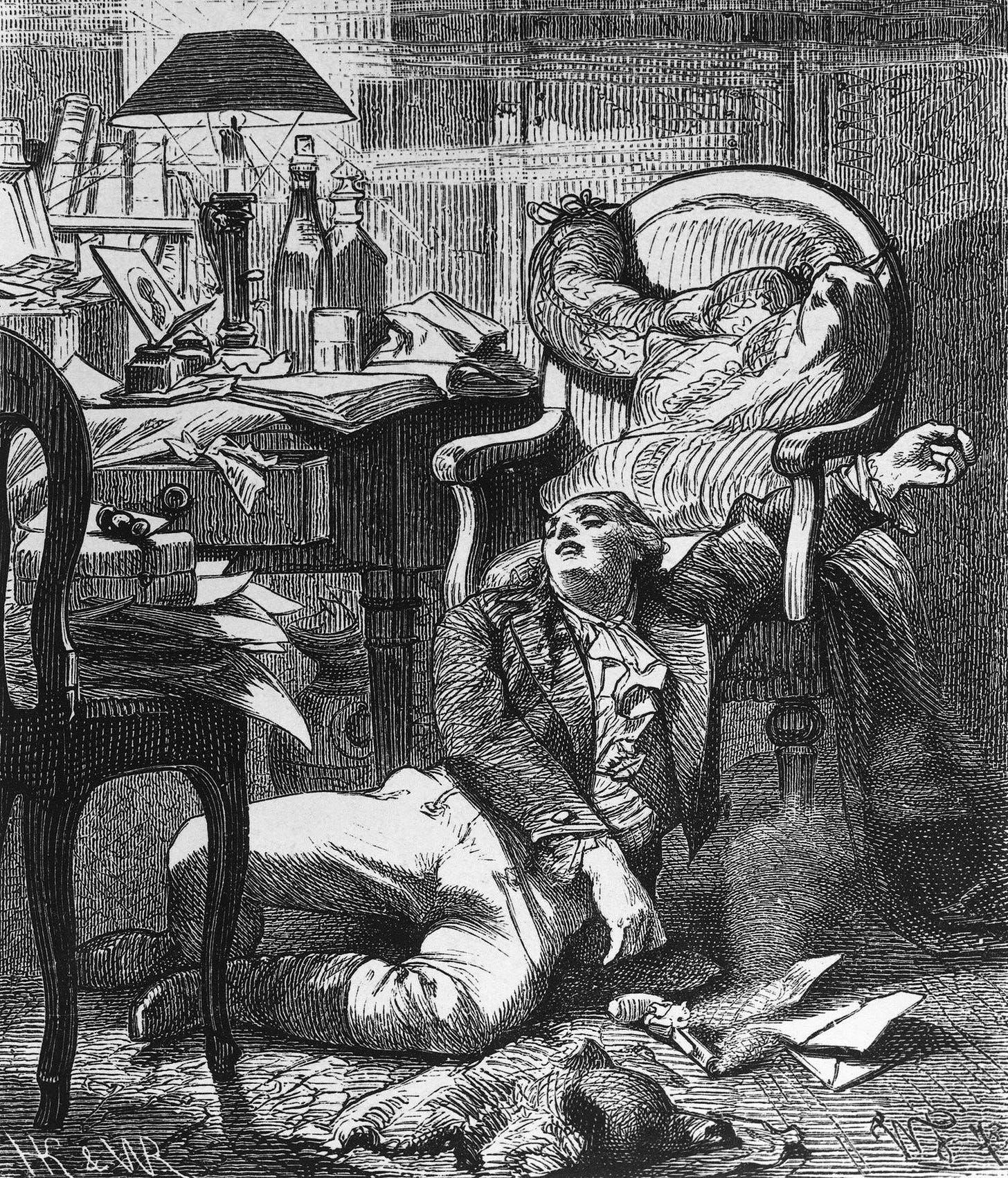A Three-Step Plan for the Sensitive Young Man
How to Live a Creative Life Without Working at Chipotle
A significant number of millennial men are childless rentards. They don’t have a family or own a home. Many are living in glorified dormitories well into their thirties. And this problem is only going to get worse among zoomers.
To achieve some semblance of a normal family life, you increasingly need to be abnormal. You need to work abnormal hours, in an abnormal job, for an abnormal salary. For a lot of people, the juice simply isn’t worth the squeeze. Why work abnormally hard, just to get normal results?
I sympathise with this sentiment. I’d rather wrap my car around a tree than work at DorkCORP for 70 hours a week. But the prospect of living a childless, hetero-homosexual lifestyle isn’t that appealing either.
What, then, is a sensitive young man to do?
Many interesting and novel solutions to the economic problems of our time have been proposed. Going down the elite path (
These solutions are unlikely to appeal to the sensitive young man. To quote the :
Sensitive young men could not bear working at McDonalds, but nor would life as a stockbroker be appealing, regardless of the compensation.
This article is for the sensitive young man. By making some small sacrifices, I believe that he can have a family, a home and enough leisure time to explore his artistic and intellectual interests.
But first, who is the sensitive young man?
A Portrait of the Sensitive Young Man
If you want to understand the psychology of the sensitive young man, you should read Goethe’s first novel, The Sorrows of Young Werther (which Napoleon read seven times and carried during the Egyptian campaign).
Werther, the main character, is the prototypical sensitive young man (SYM). He is prone to ‘extravagance of feeling.’ He oscillates between hope and despair (We’re so back… It’s so over). He appreciates nature and enjoys solitude. He is artistically inclined, writing poetry and painting paintings. He loves Homer, and hates convention (i.e., the normies). He is impulsive and disorganised. He feels misunderstood.
In short, he is literally me….
If Werther took a Myers-Briggs personality test, he would most likely be an INFP. A lot of you associate Myers-Briggs (MBTI) with your overweight careers counsellor, and therefore dismiss it. But the test was inspired by Carl Jung’s ideas about psychological types, and the MBTI Manual actually contains several valuable insights pertaining to our discussion. To quote the entry on INFPs at length:
INFPs enjoy reading, discussing, and reflecting on possibilities for positive change in the future. They are curious about ideas and quick to see connections and meanings. INFPs are usually fascinated by opportunities to explore the complexities of human personality—their own and others'. They tend to work in bursts of energy and are capable of great concentration and output when fully engaged in a project…. they can have difficulty performing routine work that has little meaning for them. INFPs find structures and rules confining and prefer to work autonomously.
I equate the sensitive young man with the INFP personality type. INFPs spend their leisure time ‘writing, appreciating art, reading, and listening to music.’ They don’t study business at university, and they don’t start small businesses. They are prone to depression and substance abuse. They experience suicidal ideation more than any other personality type.
This Sturm und Drang is probably an inherent part of their temperament, but I believe it is intensified by the pressures of the modern world, particularly those of the modern economy. As
Ideally, the sensitive young man would work in a high autonomy creative field—perhaps as a novelist, journalist or academic. But pursuing a job in a creative field presents two significant challenges. One, these environments are the MOST hostile to individuals of lighter hues with certain views. A significant contingent of our guys are sensitive young men who have been alienated (or, in some cases, exiled) from creative work. Two, creative fields are notoriously precarious, offering little job security or financial stability. Most ‘artists’ are moonlighting as lot lizards (or even worse, Chipotle employees).
The creative fields don’t provide a firm foundation for family. But if you chained Werther to a desk at a Big 4, he’d probably kill himself. If you made him an Assistant Manager at Panda Express, he’d probably kill you.
Most of the advice given to young men doesn’t apply to the SYM. Take, for example, the common suggestion to ‘start a business.’ This might appeal to the SYM’s desire for autonomy and independence, but he almost certainly lacks the conscientiousness and practical skills to succeed as an entrepreneur. And he appears to have no interest in business. As I said before, INFPs are underrepresented among MBAs and small business owners. If the SYM rebels against his nature and takes a high-paying, high-stress, low-autonomy job, he might be able to support a family. But he will almost certainly be miserable.
Ultimately, if we want to be happy, we need to live in accordance with our nature. Hence, Schopenhauer says:
The only thing that stands in our power to achieve, is to make the most advantageous use possible of the personal qualities we possess, and accordingly to follow such pursuits only as will call them into play, to strive after the kind of perfection of which they admit and to avoid every other; consequently, to choose the position, occupation and manner of life which are most suitable for their development. Imagine a man endowed with herculean strength who is compelled by circumstances to follow a sedentary occupation….. a man placed like this will never feel happy all his life through. Even more miserable will be the lot of the man with intellectual powers of a very high order, who has to leave them undeveloped and unemployed, in the pursuit of a calling which does not require them, some bodily labor, perhaps, for which his strength is insufficient.
Trust the Plan…..
That’s great advice, Slopenhauer, but how am I going to pay the bills?
That is a question that he never had to grapple with. At the age of 21, he inherited one-third of his father’s estate, which amounted to 19,000 Taler. This freed him from the need to work. Unlike Spinoza, he wouldn’t have to grind lenses.
You don’t have that luxury. You will need to enter the wage cage. But that doesn’t mean you need to totally give up your creative ambitions or projects. To quote the
The life of the spirit is available to those willing to put in the work, just as it has been in any age. There are certain sacrifices that must be made, of course- generally those who wish to dedicate themselves to art or literature or philosophy or music or something along those lines do so at the cost of wealth, station, and the esteem of their peers. Granted, some few will achieve some modicum of each in their lives, but one cannot enter on that path with that expectation. I have taught such young men, for whom a normal life offers few satisfactions, and I caution them that if they wish to live authentically they will have to carve out a way very different from their peers. There’s no one right way, no formula or checklist- each such young man is different.
This is true. But it isn’t particularly helpful. And that’s why I present: the three-step plan for the sensitive young man. This is the plan (dare I say formula or checklist) that I have implemented.
Before I outline the three steps, I want to emphasise that this plan is not for everyone — perhaps it’s not for anyone but me. In many ways, this article is an open letter to myself. What works for me probably won’t work for you. As Schopenhauer wisely observed:
You ought never to take any man as a model for what you should do or leave undone; because position and circumstances are in no two cases alike, and difference of character gives a peculiar, individual tone to what a man does…. Two persons may do the same thing with a different result.
Below is the plan that I devised and am following. Some will consider it uninspiring and perhaps even undignified. But unlike most advice that is given on the internet, it is extremely realistic and achievable.
Step 1: Secure a Sinecure
Work (and I use that term loosely) in the public sector, where expectations are low and job security is high. Ideally, you'd be an emoji specialist for the government. But more traditional public sector jobs also offer stress-free financial stability. William Wordsworth was a distributor of stamps for the British government. Melville was an inspector of customs (basically a 19th-century TSA agent). Trollope, Burkowski, and Faulkner all worked for the post office.
The job doesn’t need to be in the public sector—T.S. Eliot was a bank clerk and Kafka worked for an insurance company—so long as it doesn't drain all your time and energy.
Personally, I chose to become a
Keep reading with a 7-day free trial
Subscribe to The Russell Walter Chudstack to keep reading this post and get 7 days of free access to the full post archives.






